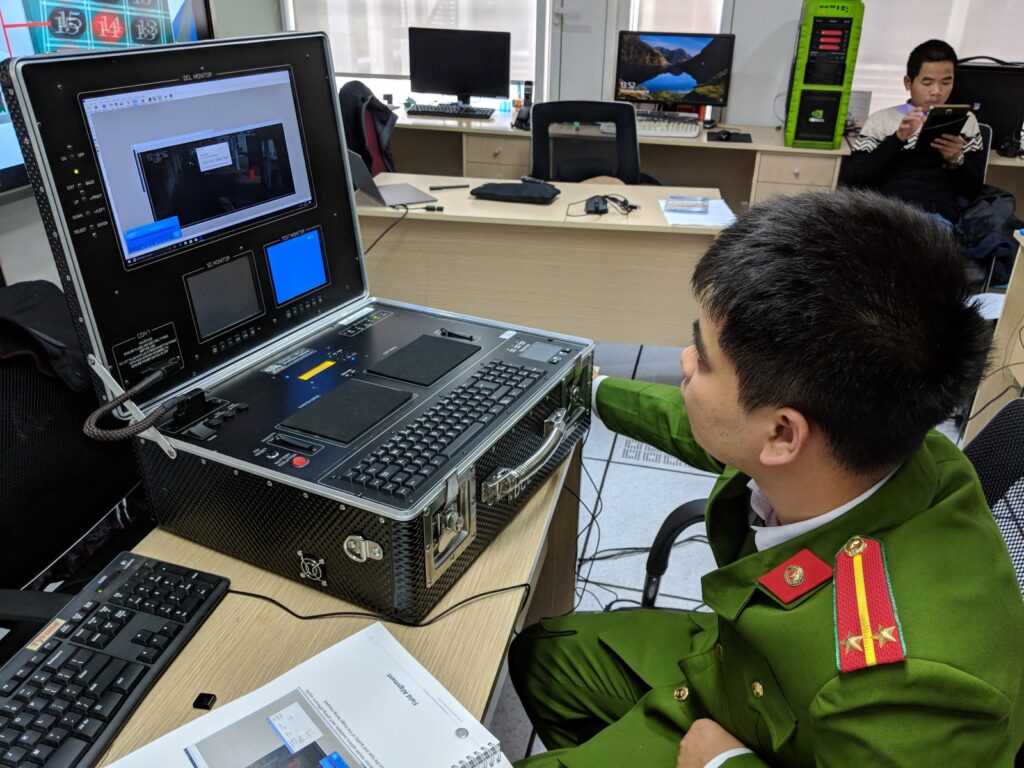In the rapidly evolving landscape of digital crime, law enforcement agencies and forensic investigators must continuously adapt to stay ahead. With the proliferation of digital devices and the increasing sophistication of cybercriminals, the demand for skilled professionals in digital forensics has never been greater. To meet this demand, specialized training is essential, and digital forensic training programs play a pivotal role in equipping professionals with the knowledge and skills needed to tackle modern-day cyber threats.
Importance of Digital Forensic Training
Digital forensic training provides investigators with the expertise to effectively collect, analyze, and present digital evidence in legal proceedings. Whether it’s recovering deleted files from a computer, extracting data from mobile devices, or tracing digital footprints across online platforms, trained professionals play a crucial role in solving cyber crimes and prosecuting offenders.

Enhancing Learning with Video Training Software
One of the most effective ways to deliver digital forensic training is through video training software. This interactive learning platform allows participants to engage with course materials at their own pace, accessing valuable resources such as instructional videos, case studies, and simulations. By leveraging multimedia content, trainees can gain a deeper understanding of complex concepts and practical techniques, enhancing their learning experience.
Advantages of Video Training Software
- Flexibility: Video training software offers flexibility in scheduling and access, allowing trainees to learn anytime, anywhere, and on any device with internet connectivity.
- Interactive Learning: Interactive features such as quizzes, assessments, and virtual labs facilitate active participation and knowledge retention.
- Real-world Scenarios: Through realistic simulations and case studies, trainees can apply theoretical knowledge to practical situations, preparing them for real-world challenges.
- Self-paced Learning: Trainees can progress through the course modules at their own pace, enabling personalized learning and accommodating varying skill levels.
Digital Forensic Training Options
Online eLearning
Online eLearning courses provide a convenient and accessible platform for individuals seeking to enhance their digital forensic skills. With a diverse range of topics and modules, participants can tailor their learning experience to suit their specific interests and career goals. Interactive components such as discussion forums and virtual workshops foster collaboration and knowledge sharing among peers.
UK Training Classes
For those preferring a more traditional classroom setting, UK training classes offer hands-on instruction and expert guidance from seasoned professionals. Located in Manchester, United Kingdom, these instructor-led courses provide a comprehensive overview of digital forensic techniques and methodologies, complemented by practical exercises and group discussions.
Bespoke Solutions for Agencies Worldwide
In addition to standard training programs, we specialize in developing bespoke solutions for law enforcement, military, public safety, and government agencies worldwide. Our team of experts collaborates closely with agencies to understand their unique operational requirements and design tailored training modules and software solutions to meet their specific needs.
Conclusion
As cyber threats continue to evolve, the importance of digital forensic training cannot be overstated. By leveraging video training software and other innovative learning tools, professionals can enhance their investigative skills and stay ahead of emerging threats. Whether through online eLearning or traditional classroom courses, investing in digital forensic training is essential for safeguarding against cybercrime and ensuring justice in the digital age.

